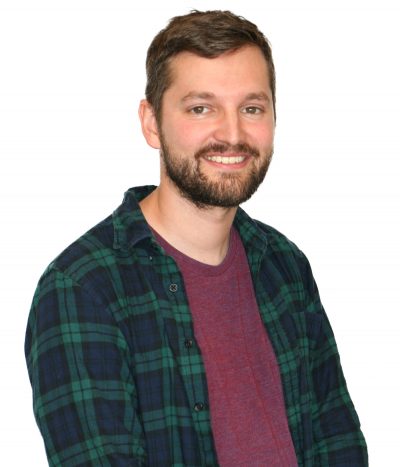Edward BaggsExternal Member
I work on radical embodied approaches in cognitive science. My work has three themes. The first one is to understand the nature of explanation in radical embodied cognitive science. The second one is to expand radical embodied theory to make it applicable to social and developmental phenomena. And the third one is to identify practical applications of the embodied approach, e.g. in informing the design of the built environment. I previously worked on these topics while working on a PhD at University of Edinburgh (completed 2015) and during a Marie Curie postdoctoral fellowship (in the psychology department at the University of Cincinnati and at the Bartlett School of Architecture at University College London, 2016-2019). Baggs, E., Raja, V., & Anderson, M. L. (2019). Culture in the world shapes culture in the head (and vice-versa) [commentary of Cognitive Gadgets by Cecelia Heyes]. Behavioral and Brain Sciences. 42: e172. Baggs, E. and Chemero, A. (2019). The third sense of environment. In Wagman, J. B. and Blau, J. J. C., editors, Perception as Information Detection: Reflections on Gibson’s Ecological Approach to Visual Perception. Taylor & Francis, New York, NY. [Preprint available at https://dx.doi.org/10.17605/OSF.IO/SXMRZ]. Baggs, E. & Chemero, A. (2018). Radical embodiment in two directions. Synthese. doi: 10.1007/s11229-018-02020-9. Baggs, E. (2018). A psychology of the in between? Constructivist Foundations, 13(3): 395–397. http://constructivist.info/13/3/395 Baggs, E. (2015). A radical empiricist theory of speaking: linguistic meaning without conventions. Ecological Psychology, 27(3):251–264. doi: 10.1080/10407413.2015.1068655 Baggs, E., Chemero, A., & Penn, A. (2019). Designing cities for humans. Proceedings of the 12th International Space Syntax Symposium. Beijing, July 2019. Baggs, E. (2017). Against the group actor assumption in joint action research. Proceedings of the Cognitive Science Society, London, UK, July 2017. Baggs, E. (2014). The task-oriented approach in psychology: A solution to Fodor’s problem. Proceedings of the Cognitive Science Society, Quebec City,, July 2014. |
